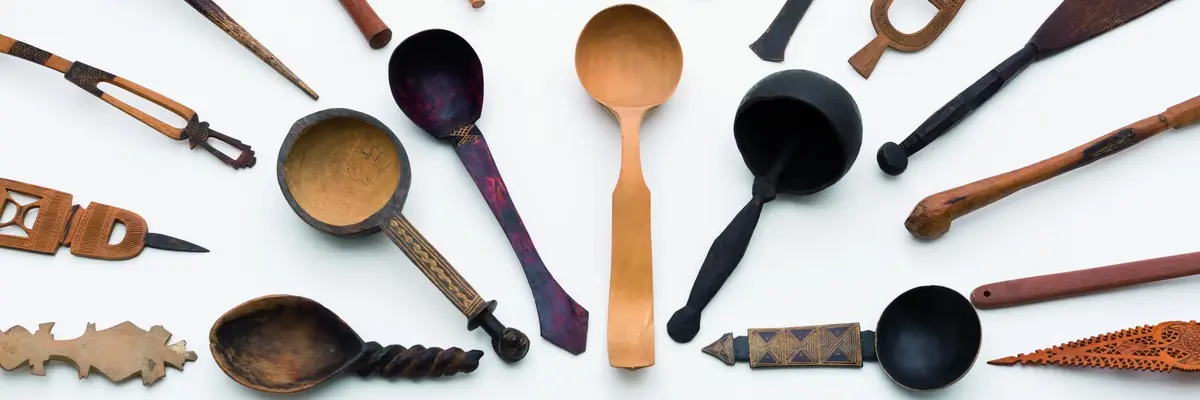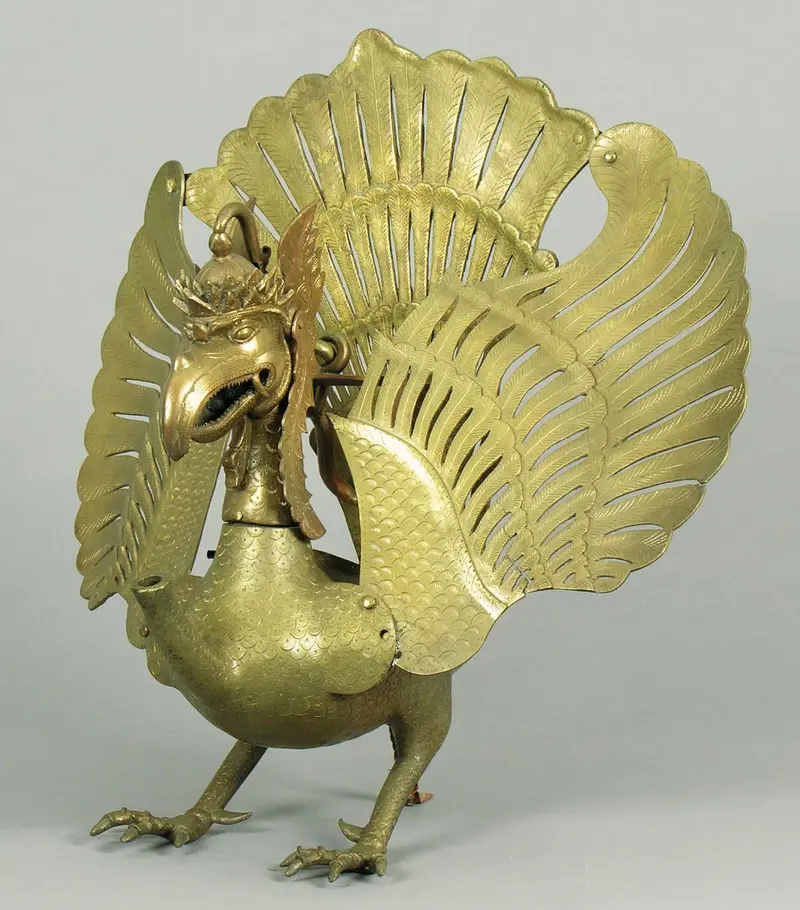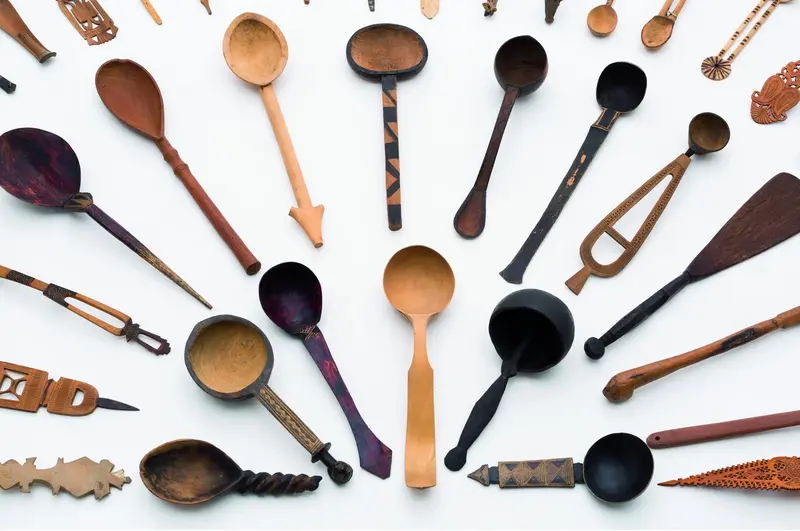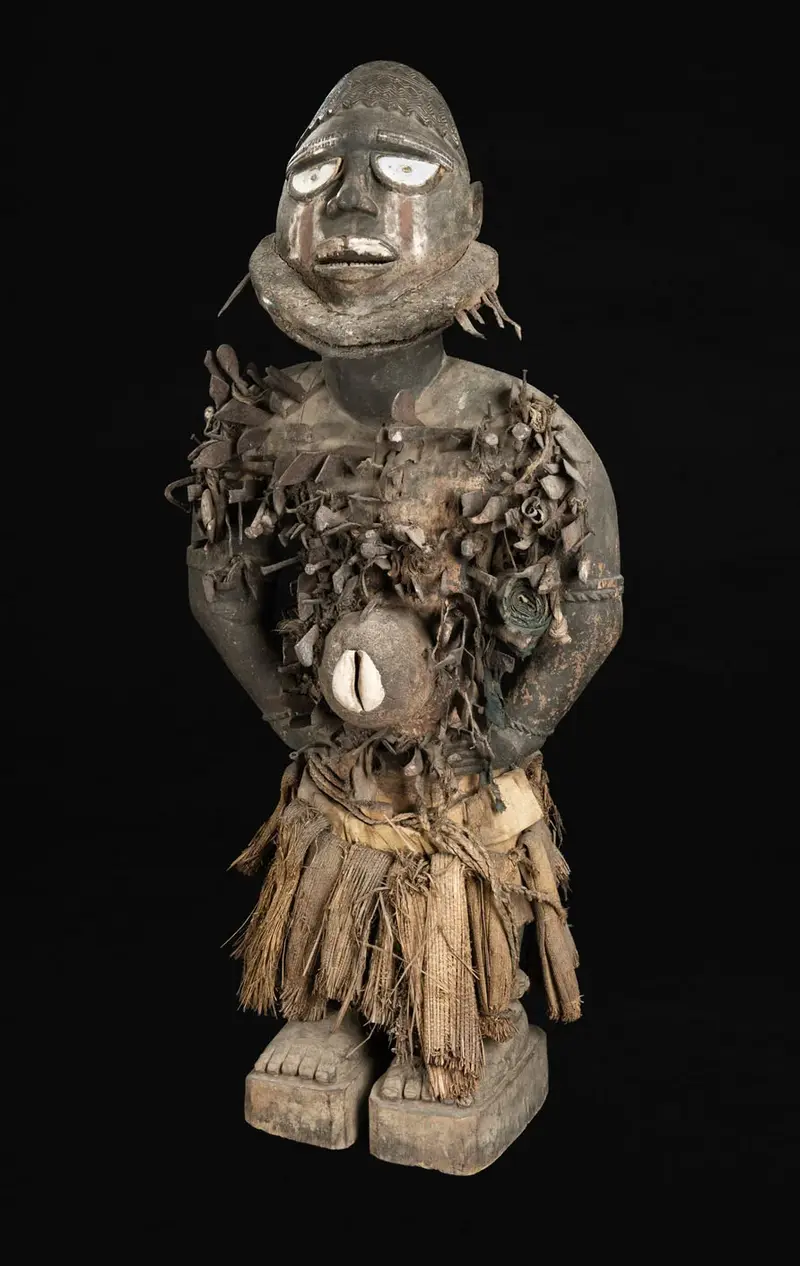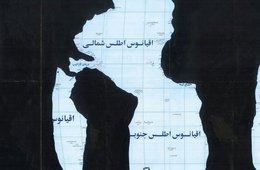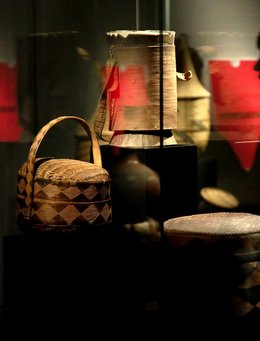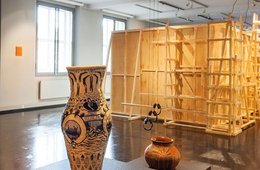text1
How do anthropologists address objects? Which questions do they direct at them and which answers do they get? The exhibition experiments with a series of object arrangements to consider these issues. By contextualizing and re-contextualizing objects, the display explores different aspects of their biographies. The installations demonstrate how the neighborhood of other objects impacts on the meaning of things, and it explores the narratives that emerge through particular ways of sorting and exhibiting.
